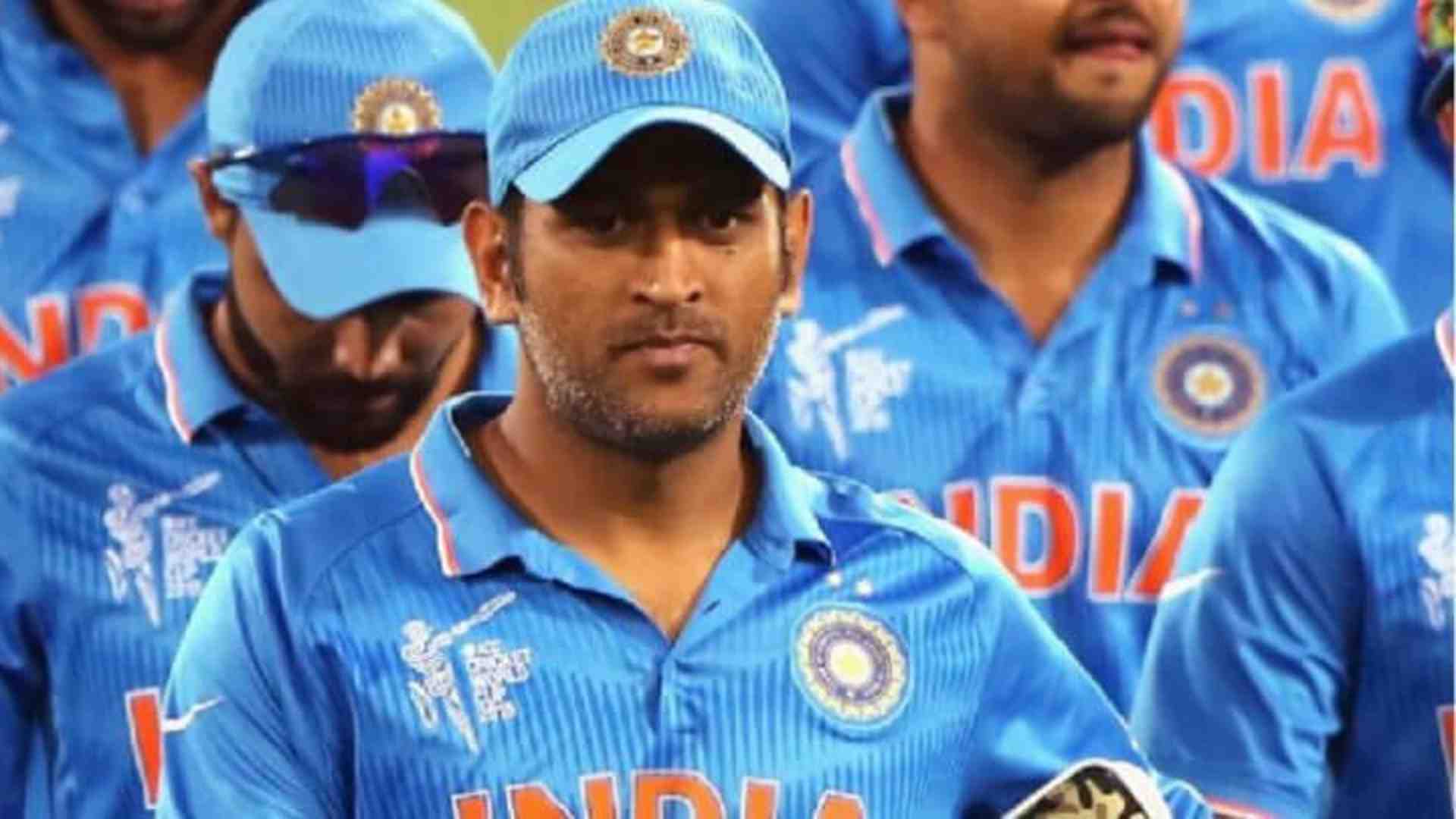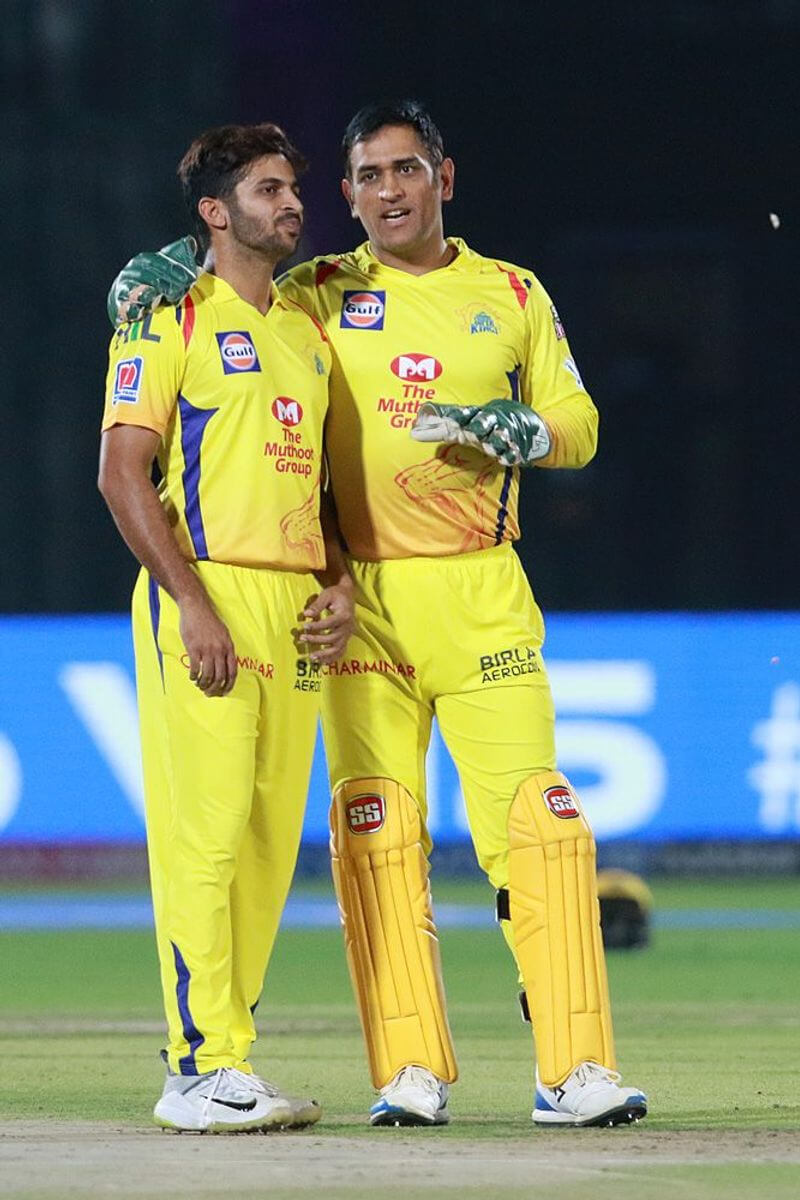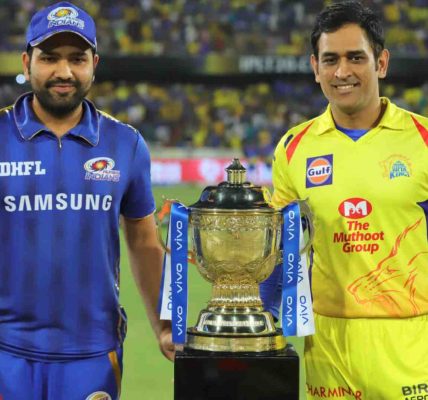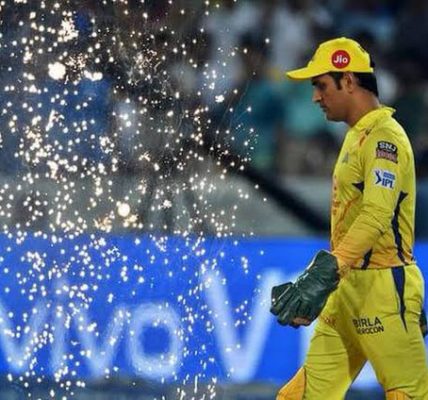
“Once Shardul Thakur was bowling in Pune. He was getting hit every ball. First ball four, second ball six. I went to MS Dhoni and told him, “Why don’t you tell him [Thakur] to change the angle or push a fielder back,?” recalled Harbhajan Singh in an interview with ESPN Cricinfo Cricket Monthly.
“As if he had all the time in the world, Dhoni said, “Bhajju pa, if I tell him anything now, he will get confused. Khaane do.” (Let him get hit). MS knew we could afford to concede runs because we had already qualified for the playoffs. MS Dhoni said, “When he [Thakur] feels there is no option left, then I can tell him he could try doing this.” concluded the spinner.

Former Indian skipper MS Dhoni is considered one of the successful captains ever in the history of the game. One of the major factors behind the 39-year-old’s success as a leader is his ability to remain calm under pressure, and back his players through thick and thin.
The importance of a quality leader in a team can never be understated. Even the biggest hitter will be rendered incapable of delivering to the best of his abilities, in case the team is not led astutely. Sadly, leadership as a concept and the importance it holds in cricket, is not discussed enough. Its time we make good on that.
What is Leadership?
Leadership can be formally defined as an “ability to organize a group of people to work toward achieving a common goal”. In cricket, leadership means to get along with a set of players with different traits and personalities, with the objective of leading them to glory. All the great leaders are dominant forces on the pitch and off it. They generally have higher intelligence to act according to the demands of situation, which in case of cricket are the pitch condition, the opponent and their own team members. Cricket has seen many great captains with different strategies and mentalities, leading their teams to great victories.
There are many incidents where captains heralded their sides to glory in tough situations, with their out of the box thinking. New Zealand’s Martin Crowe starting off with spinner Dipak Patel and Sri Lanka’s Arjuna Ranatunga using Sanath Jayasuriya as an explosive opener, are famous instances where the captains took the world by surprise with the odds against them. Their teams weren’t the favourites when they took the ground, but as the saying goes “A herd of sheep led by a lion can fight like lions”. They stood tall in the face of adversity and put up a fight for the ages. New Zealand finished semi-finalists in the 1992 World Cup, with Sri Lanka going on to trump a formidable Australia in the final of the 1996 World Cup, due to Ranatunga’s heroics as a leader.
WATCH: How Arjuna Ranatunga led Sri Lanka to the ICC Cricket World Cup title on home soil in 1996 https://t.co/Dpqo4PWfeo pic.twitter.com/GZy0HTaQHB
— Cricket World Cup (@cricketworldcup) December 1, 2016
Don Bradman stuns one and all:
My personal favourite story about such out of the box thinking dates back to the 1937 Ashes, where the Aussies led by Sir Don Bradman were battling it out against England in Melbourne. Bradman chose to bat, according to the norm those days and realized within the first five overs that he had made a mistake. Australia somehow managed to reach 200 for the loss of nine wickets, before the legendary cricketer decided to declare. England were further restricted to 76/9 in tough batting conditions, losing nine wickets in 28 overs. English skipper Gubby Allen decided to declare at this stage, with the intention of knocking off the Aussie top-order.
Bradman made his presence felt in this situation as a leader, sending in the tail-enders early to survive the day’s play. The frustrated visitors failed to get the result they desired, with the Aussies emerging victorious by a comfortable margin. Bradman was named as the man of the match for his innovative captaincy. The same tactic was further executed by MS Dhoni during an IPL clash against the Kings X1 Punjab, with the tail-enders sent in to frustrate the opposition bowlers.
Australia dominated world cricket under Steve Waugh and Ricky Ponting. Both the captains were full of self-belief and a certain degree of arrogance, which they ensured was maintained by the players. This confidence was visible on the pitch, with every match considered nothing short of a battle and no situation beyond redemption.
MS Dhoni led a young and inexperienced side to a triumph in the 2007 T20 World Cup, standing out with his uncanny ability to read the game and utilise the resources available to the fullest. This was further followed by a much-awaited triumph in the 2011 ODI World Cup as well as the 2013 Champions Trophy. Some of his decisions have had a massive impact on the game of cricket, with his decision to promote Rohit Sharma to the top of the order one of those. Rohit represents a new breed of openers who can continue till the last ball, posting massive hundreds on the scoreboard.
2007 ICC Men’s T20 World Cup
2011 ICC Men’s Cricket World Cup
2013 ICC Champions TrophyHappy birthday to one of India’s greatest captains of all time, MS Dhoni pic.twitter.com/XWRlV63D36
— ICC (@ICC) July 7, 2020
Eoin Morgan’s uni-dimensional attacking mentality wins hearts
In recent times, leaders like Brendon McCullum and Eoin Morgan have mesmerized the world with their uni-dimensional attacking mentality. They hit the opponent with everything in one go.
McCullum bowled out his prime bowlers within the first half during the 2015 World Cup, in order to dismiss the opposition batsmen as soon as possible. Morgan made his presence felt by encouraging the openers to attack the opposition bowling attack with gusto, without thinking about the consequences. Both the cricketers insisted on adopting a fearless brand of cricket, with their style of play taking the world by storm.
330 international appearances
9,858 runs
World Cup-winning captainEoin Morgan’s legacy was sealed when he led England to their maiden @cricketworldcup title earlier this year!
Happy birthday, @Eoin16! pic.twitter.com/MsuJjNyXsX
— ICC (@ICC) September 10, 2019
In essence, a brilliant leader can make or mar the fortunes of a team. A leader who can impart his style of thinking, motivate the players in the toughest of situations, manage the egos inside the dressing room and support his player through thick and thin despite intense criticism.
Written by: Sanket Patil





